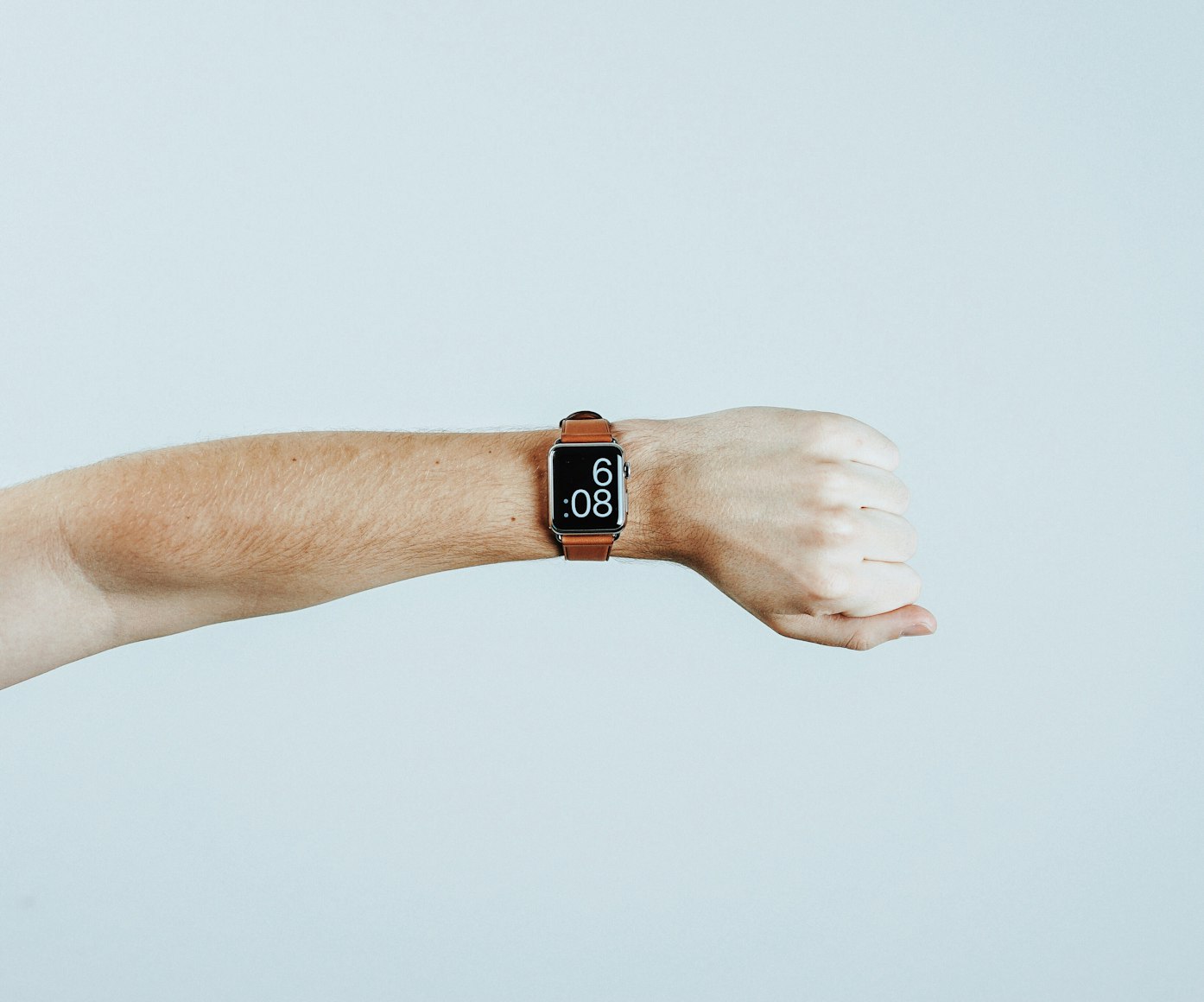How Long Does It Take to Reach Ketosis?
When it comes to embarking on a ketogenic diet, one of the most common questions people have is how long it takes to reach ketosis. Ketosis is a metabolic state in which your body starts using fat as its primary source of fuel instead of carbohydrates. This article will explore the factors that influence the time it takes to enter ketosis and provide valuable insights into the process.
Understanding Ketosis
Before diving into the timeline, it’s essential to understand what ketosis is and how it works. When you consume a low-carbohydrate, high-fat diet, your body’s glycogen stores become depleted. As a result, your liver starts producing ketones from fat, which are then used as an alternative energy source.
Factors Affecting the Time to Reach Ketosis
The time it takes to enter ketosis can vary from person to person. Several factors influence this timeline:
- Dietary Choices: The types and amounts of food you consume play a significant role in reaching ketosis. A strict low-carbohydrate diet, typically containing less than 50 grams of carbs per day, can expedite the process.
- Body Composition: Individuals with a higher percentage of body fat may enter ketosis more quickly. This is because their bodies have more fat stores to utilize for energy.
- Physical Activity: Regular exercise can help deplete glycogen stores and accelerate the transition into ketosis. However, intense workouts may temporarily increase carbohydrate cravings, potentially slowing down the process.
- Metabolic Health: People with metabolic conditions, such as insulin resistance or diabetes, may experience a slower transition into ketosis due to impaired insulin sensitivity.
- Genetics: Some individuals may have genetic variations that affect their ability to enter ketosis efficiently. However, these cases are relatively rare.
The Typical Timeline
While the time it takes to reach ketosis can vary, there is a general timeline that many individuals experience:
Day 1-2:
During the first couple of days on a ketogenic diet, your body starts depleting its glycogen stores. As a result, you may experience symptoms such as fatigue, headaches, and cravings for carbohydrates. These symptoms, often referred to as the “keto flu,” are temporary and typically subside within a few days.
Day 3-5:
By this point, your body has likely depleted most of its glycogen stores. As a result, it starts producing ketones, and you may begin to enter a state of ketosis. However, it’s important to note that the level of ketones in your blood may still be relatively low during this phase.
Day 7-14:
After about a week, your body becomes more efficient at producing and utilizing ketones. Blood ketone levels increase, and you are likely to experience the full benefits of ketosis, such as increased energy, mental clarity, and appetite suppression.
FAQs About Reaching Ketosis
1. Can I speed up the process of reaching ketosis?
While you can’t drastically speed up the process, there are a few strategies that may help:
- Minimize your carbohydrate intake to less than 20-30 grams per day.
- Incorporate intermittent fasting to deplete glycogen stores more quickly.
- Engage in regular physical activity to enhance glycogen depletion.
2. How can I tell if I’m in ketosis?
There are several ways to determine if you’ve entered ketosis:
- Using urine test strips that measure the presence of ketones.
- Measuring blood ketone levels with a ketone meter.
- Noticing changes in your energy levels, appetite, and mental clarity.
3. Can I experience ketosis without following a strict ketogenic diet?
While a strict ketogenic diet is the most effective way to enter ketosis, some individuals may achieve a mild state of ketosis by following a low-carbohydrate diet.
4. What should I eat to reach ketosis faster?
To reach ketosis faster, focus on consuming foods that are low in carbohydrates and high in healthy fats. Examples include avocados, nuts and seeds, fatty fish, and olive oil.
5. Can I experience ketosis without weight loss?
Yes, it is possible to enter ketosis without experiencing significant weight loss. Ketosis is primarily a metabolic state, and weight loss depends on the overall calorie balance.
6. Is ketosis safe for everyone?
Ketosis is generally safe for most individuals. However, it’s important to consult with a healthcare professional before starting a ketogenic diet, especially if you have any underlying health conditions or are taking medications.
Summary
Reaching ketosis is a highly individualized process that depends on various factors such as diet, body composition, physical activity, metabolic health, and genetics. While the timeline can vary, most individuals enter ketosis within a week of following a strict low-carbohydrate, high-fat diet. It’s important to listen to your body and consult with a healthcare professional before making any significant dietary changes. By understanding the process and being patient, you can successfully achieve and maintain a state of ketosis for optimal health and wellness.





